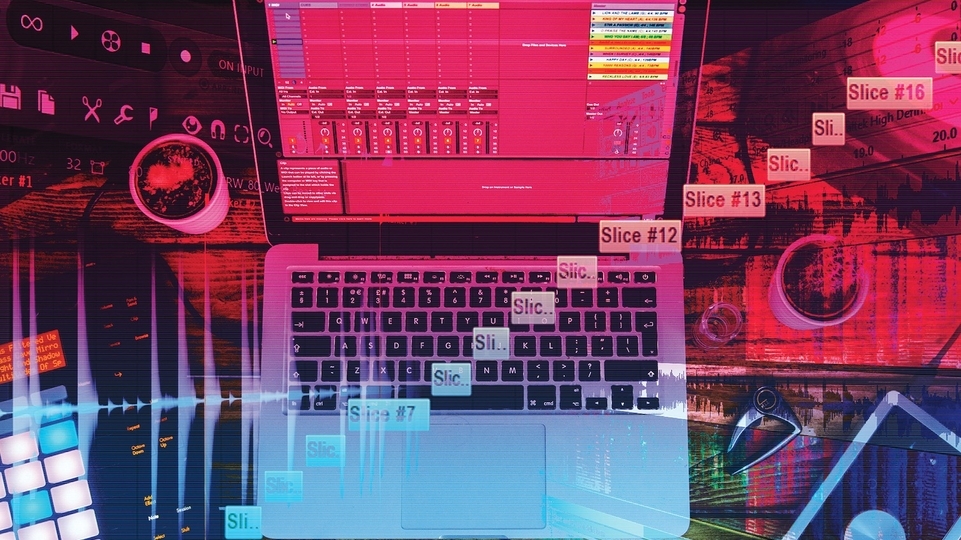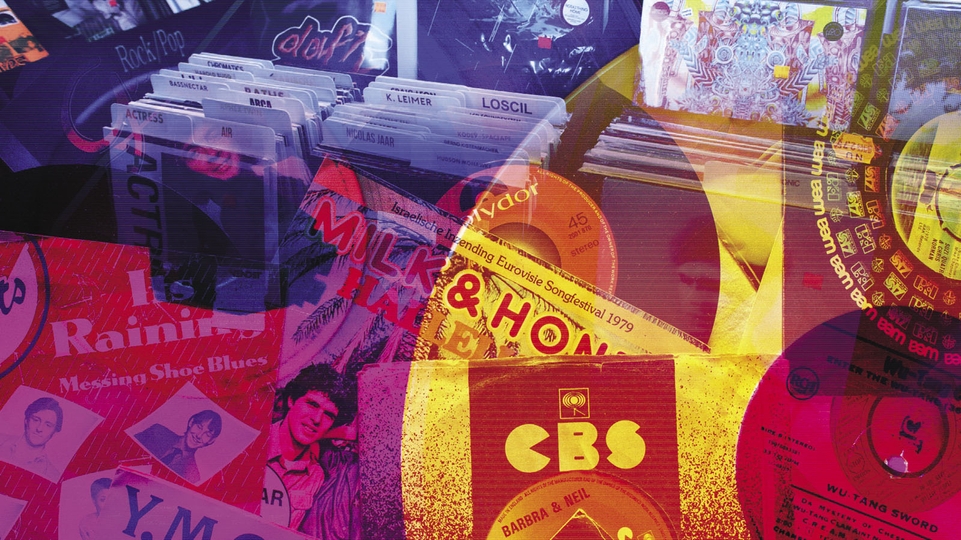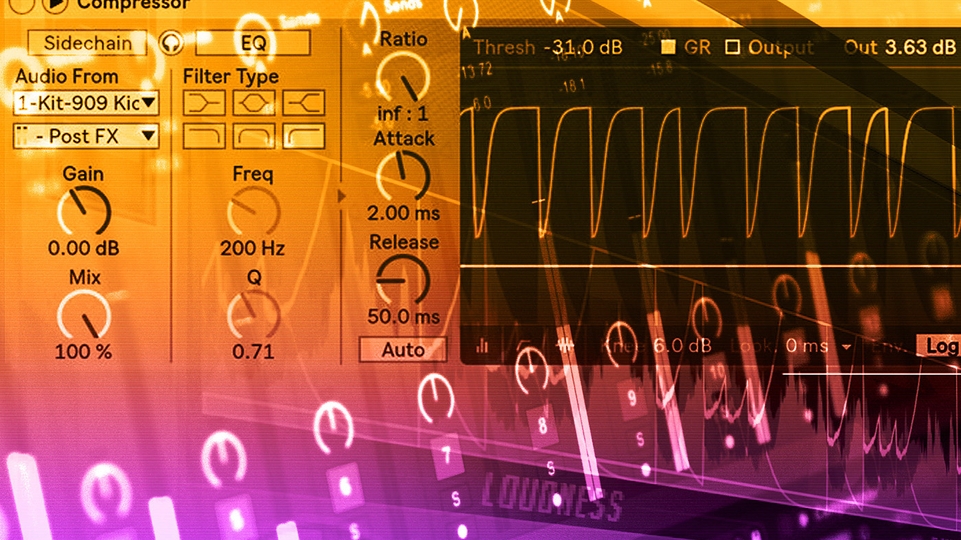
Beginner's Guide: getting past creative block
Abandoning another project file after a few hours, thinking everything sounds s**t, feeling like you should be finishing more tunes. A lot of counterproductive, negative self-talk can slip into music making and hamper creativity. In her latest Beginner's Guide, E.M.M.A. explains how to stamp it out
When life gets in the way — particularly for those of us working other jobs at the same time — trying to keep our music making consistent can be a challenge, especially when starting out. I’ve been producing for over a decade and after a day on Zoom I’d rather be lying face down in the grass than scrolling through snares on FL.
My point being, for one reason or another most of us will experience a creative block or a CBA (can’t be arsed) moment. In this series, we have discussed tactical things to get things moving — how to go from a loop to a song — but we haven’t covered creativity itself, and what you might do if you feel devoid of inspiration and in danger of giving up.
Recently I came across a book called The Artist’s Way by Julia Cameron. It’s a 12-week course that prompts you to do various written tasks to ‘unleash your creativity’. I’d recommend the book not least because it’s nice to have a 1990’s analogue textbook on the go in weird times, when our screentime is through the roof.
While I have never felt like I should be churning out tune after tune, I could be more consistent, which is where the book has helped. One key thing it highlights is firstly, your creativity for your own projects should be protected at all costs. If you are a creative person, it spills out like water in so many ways you don’t even realise, whether it’s helping solve your mates’ problems, doing your job, or planning a DJ set.
Once you make a decision to do that, the next helpful step is finding inspiration. This could be sparked from a live gig, seeing a movie, or simply having a rest, an evening walk or a day trip to the sea. As well as generally looking after yourself, these things are necessary to give you the fuel you need to get out of a rut.
Creating space in this way, as advised by Julia, has helped me discover the idea for my next project. The technical tools (e.g. a new VST or selection of samples) have then presented themselves quite easily and given me a palette to start working from.
During this process, pay attention to any negative thoughts that might pop into your head and write down the opposite. E.g. “I can’t make trance” becomes “I will make a trance banger and it will have 50 remixes over the next 25 years”. Stick it on the wall of your bedroom/studio.
Finally, I think it’s important to do a bit on your chosen DAW as often as you can, even if it’s just 10 minutes. When you go to bed, do so with the peace of mind that you have done something for your future self, whether it’s learning a new technique off YouTube, talking to a pal about each other’s work, or — perhaps most importantly — dropping the young chop snare into a project file.





